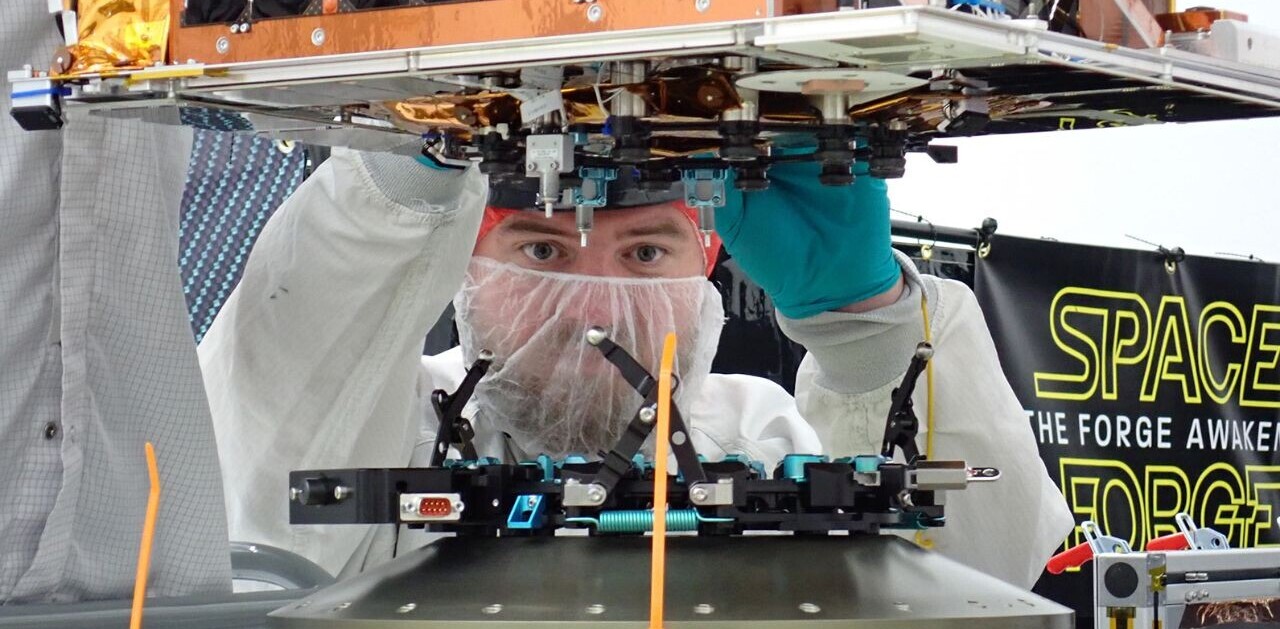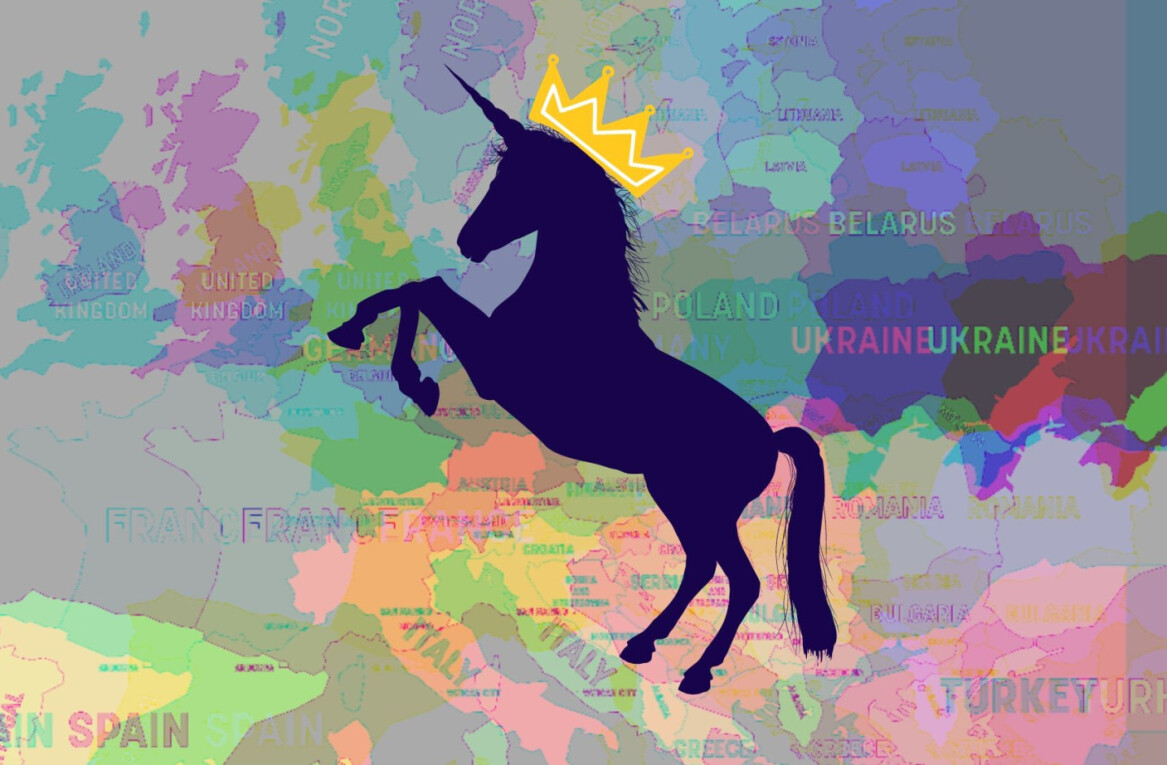
New York City residents who found themselves tweeting at a bar in 2014 may have actually been contributing to the betterment of machine-learning algorithms.
And let’s be honest, drinking for science is an idea I think each of us can get behind.
A study published this week by a group of computer scientists from the University of Rochester analyzed over 11,000 geotagged drunk tweets from January to July of 2014 — this means the image you tweeted in an American flag mankini on Independence Day definitely made the cut.
Isolating the drunken tweets started by identifying words like “beer,” “drunk,” “bar” and (presumably) “texting my ex.” From there, the team enlisted Amazon’s Mechanical Turk to provide more qualitative analysis that tried to determine if a user’s tweets were sent at the same time they were drinking.
None of these tweets were included in the study, so — for the sake of science — TNW dutifully found these examples of what a drunken tweet looks like:
being durnk tip: the 33rd pee is the kye to everthig
— Fro Vo (@fro_vo) March 16, 2016
I hate when I'm drinked an none speaks English
— Red (@mommytobliss) March 6, 2016
Once the team found a profile of what a drunk tweet looked like, it set about creating a machine-learning algorithm to speed up the process by finding them automatically.
From the drunken tweet data, researchers were then able to find the locations these drunken tweets occurred — including a general location of the user’s home — by looking for words like “back home,” “couch” and (again, presumably) “bail money.”
If you’re wondering why this is worth the effort (and thinking about applying for a research grant), the study was intended to look for patterns to better understand not only where people drink, but where they tweet and when these tweets are most likely to occur.
The data could then help cities map behavioral trends that would then lend themselves to better controlling alcohol policy and public health. MIT Technology review points out that this kind of data could prevent some of the 75,000-plus alcohol-related deaths in the US each year.
But for now, I’ll be sending in research grants to fund my follow-up study — “Where are drunk social media users vomiting?”
➤ Inferring Fine-grained Details on User Activities and Home Location from Social Media: Detecting Drinking-While-Tweeting Patterns in Communities [Cornell University via Gizmodo]
Get the TNW newsletter
Get the most important tech news in your inbox each week.





